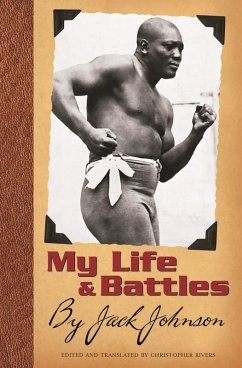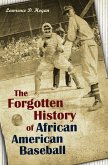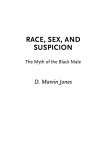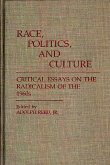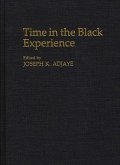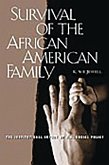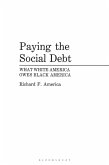African American historian Gerald Early refers to Jack Johnson (1878-1946), the first African American heavyweight champion of the world, as the first African American pop culture icon. Johnson is a seminal and iconic figure in the history of race and sport in America. This manuscript is the translation of a memoir by Johnson that was published in French, has never before been translated, and is virtually unknown. Originally published as a series of articles in 1911 and then in revised form as a book in 1914, it covers Johnson's colorful life and battles, both inside and outside the ring, up until and including his famous defeat of Jim Jeffries in Reno, on July 4, 1910. In addition to the fights themselves, the memoir recounts, among many other things, Johnson's brief and amusing career as a local politician in Galveston, Texas; his experience hunting kangaroos in Australia; and his epic bouts of seasickness. It includes portraits of some of the most famous boxers of the 1900-1915 era-such truly legendary figures as Joe Choynski, Jim Jeffries, Sam McVey, Bob Fitzsimons, Philadelphia Jack O'Brien, and Stanley Ketchel. Johnson comments explicitly on race and the color line in boxing and in American society at large in ways that he probably would not have in a publication destined for an American reading public. The text constitutes genuinely new, previously unavailable material and will be of great interest for the many readers intrigued by Jack Johnson. In addition to providing information about Johnson's life, it is a fascinating exercise in self-mythologizing that provides substantial insights into how Johnson perceived himself and wished to be perceived by others. Johnson's personal voice comes through clearly-brash, clever, theatrical, and invariably charming. The memoir makes it easy to see how and why Johnson served as an important role model for Muhammad Ali and why so many have compared the two.

